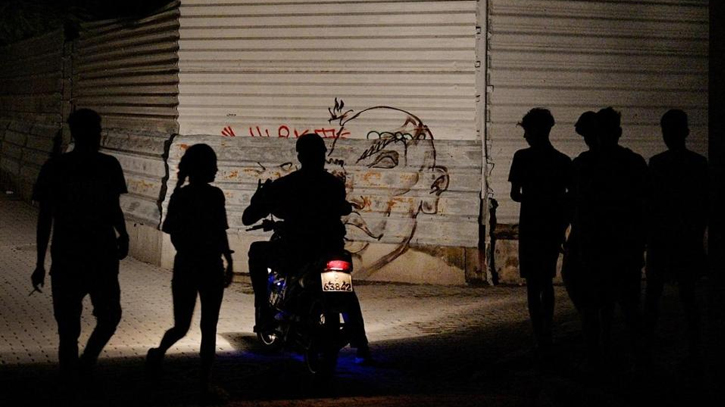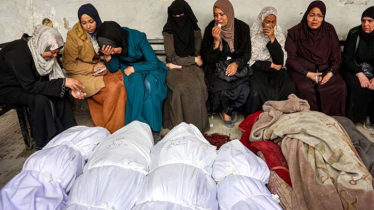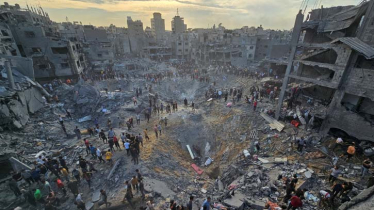
Photo : Collected
A hurricane was bearing down on Cuba Sunday as the island nation's authorities scrambled to restore power following a massive nationwide outage.
The expected arrival of Hurricane Oscar, just days after the failure of Cuba's largest power plant crippled the national grid, piles more pressure on a country already battling sky-high inflation and shortages of food, medicine, fuel and water.
President Miguel Diaz-Canel said Saturday in a post on social media that authorities in the east of the island were "working hard to protect the people and economic resources, given the imminent arrival of Hurricane Oscar".
Packing winds of 140 kilometers (85 miles) per hour, Oscar was forecast to reach eastern Cuba on Sunday, where heavy rains are expected, according to the US National Hurricane Center.
The Cuban presidency said in another social media post that progress had been made in restoring power, with 16 percent of consumers receiving electricity and around 500 megawatts being generated.
That was a fraction of the country's 3,300-megawatt demand on Thursday, the day before the grid collapsed and the government declared an "energy emergency" following weeks of extended outages.
The power grid failed in a chain reaction Friday due to the unexpected shutdown of the Antonio Guiteras power plant, the biggest of the island's eight decrepit coal-fired power plants, according to the head of electricity supply at the energy ministry, Lazaro Guerra.
National electric utility UNE said it had managed to generate a minimal amount of electricity to get power plants restarted on Friday night, but by Saturday morning it was experiencing what official news outlet Cubadebate called "a new, total disconnection of the electrical grid."
Most neighborhoods in Havana remained dark on Saturday, except for hotels and hospitals with emergency generators and the very few private homes with that kind of backup in the economically challenged nation.
"God knows when the power will come back on," said Rafael Carrillo, a 41-year-old mechanic, who had to walk almost five kilometers (three miles) due to the lack of public transportation amid the blackout.
Yaima Vallares, a 28-year-old dancer, told AFP that "everything is very difficult. For almost a day we have had this blackout that makes life so hard for us."
"I am trying to remain calm because there is too much stress over everything in this country," she said.
The blackout followed weeks of power outages, lasting up to 20 hours a day in some provinces.
Prime Minister Manuel Marrero on Thursday declared an "energy emergency," suspending non-essential public services in order to prioritize electricity supply to homes. Schools across the country are now closed until Monday.
"This is crazy," Eloy Fon, an 80-year-old retiree living in central Havana, told AFP on Friday.
"It shows the fragility of our electricity system... We have no reserves, there is nothing to sustain the country, we are living day-to-day."
Messenger/Disha








